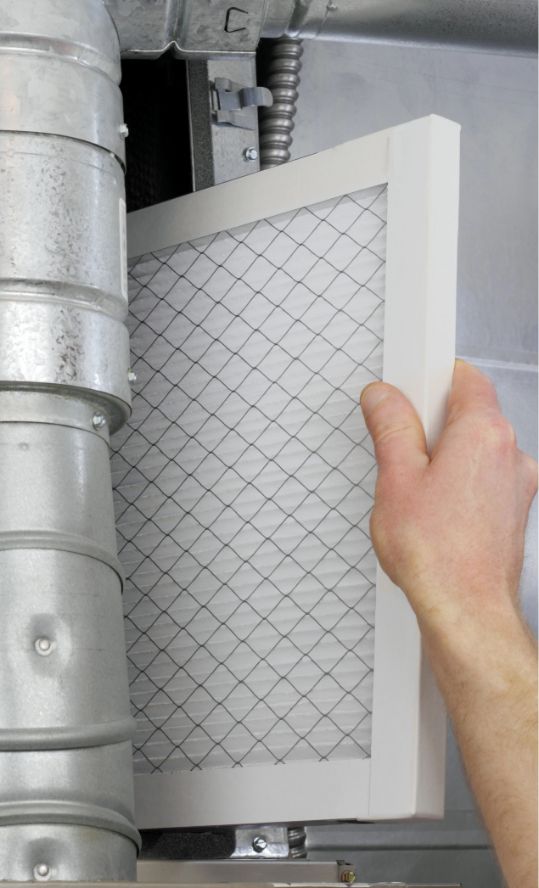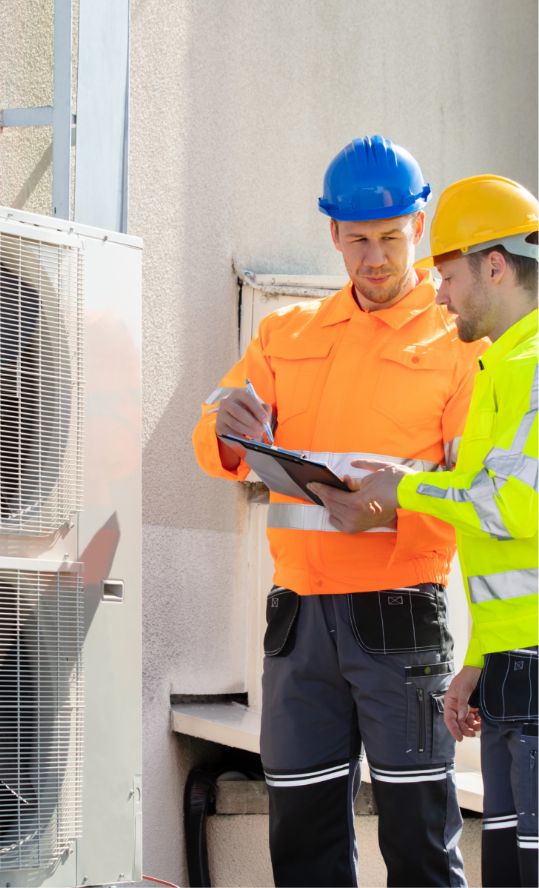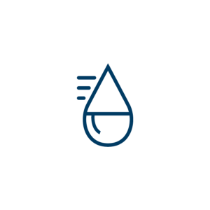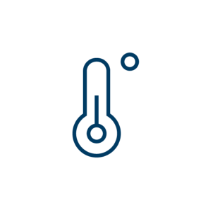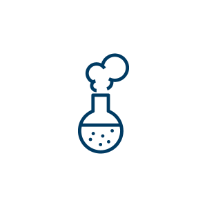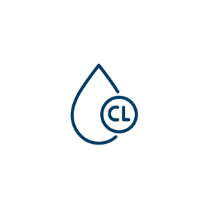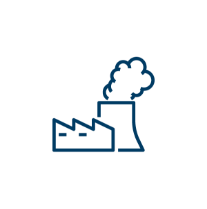
IAQ Advisory & Testing
IAQ Advisory provides expert guidance to assess and improve indoor air quality. Through comprehensive testing, detailed reports, and tailored recommendations, it helps identify potential risks, optimize air quality, and ensure a safe, healthy environment for occupants.
Why Clean Air Matters
We spend about 90% of our time indoors; it’s important to ensure that we have clean, healthy, indoor environments. Indoor air can contain harmful substances such as mold, allergens, CO, CO2, bacteria, viruses, and harmful particulates. When our indoor air quality suffers, so can our health, productivity, and job satisfaction.
BGE’s NAFA-Certified Air Filtration Specialists can give you an independent, third-party view of your building’s Indoor Air Quality (IAQ). Using state-of-the-art IAQ testing equipment, we can sample air in different parts of your facility to see how clean and healthy your indoor air really is.

Benefits of IAQ Testing
IAQ Testing gives us a thorough understanding of your indoor space and its existing air quality, and helps us create a roadmap for improvement and ongoing maintenance. An IAQ Test can:
- Provide a baseline or validate your current indoor air quality levels over a specific period of time
- Identify issues that may be caused by changes in activity in or around your building
- Give you peace of mind that your space meets proper indoor air quality standards
Are you responsible for maintaining a building’s indoor air filtration system? Talk to an expert today and optimize the safety of your space.
How it Works
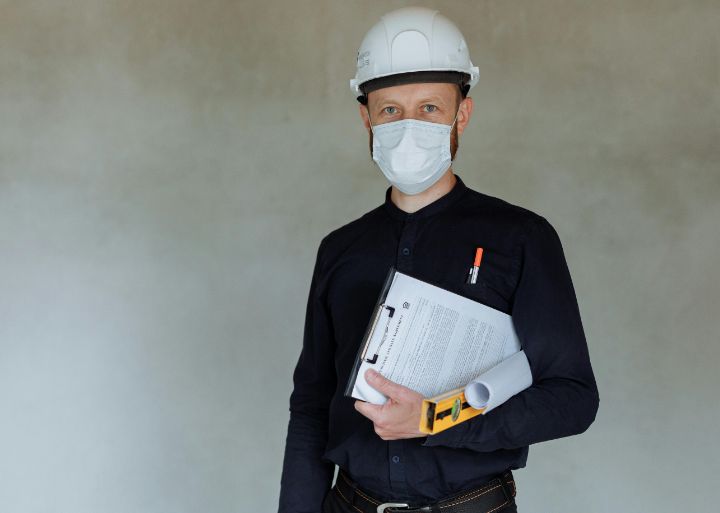
Building Review
With your Facilities Management team, we review and learn about the different areas of your building, understand the use of different occupied spaces, and make note of areas of concern or occupant complaints regarding indoor air quality. We review your HVAC filtration system to determine any inefficiencies or issues with the system’s performance.
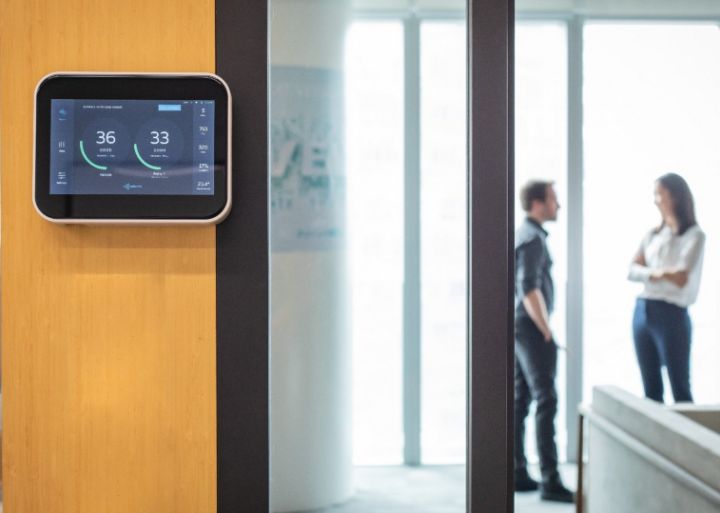
Testing
Ensure a safe and healthy environment with professional air quality testing that detects contaminants, validates system performance, and identifies opportunities to enhance indoor air quality.
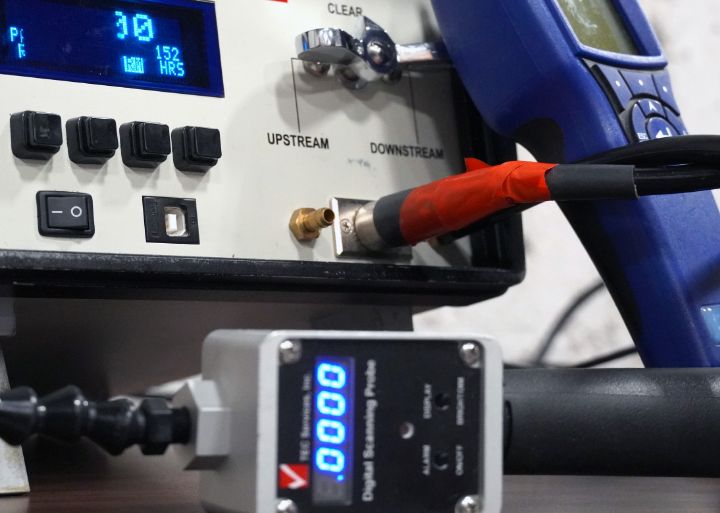
Reporting
Once we complete the test, we will deliver a report detailing our findings and our recommendations for any areas of concern. With baseline metrics and our industry experience, our goal is to provide you with the information you need to make informed decisions.
Clean Air FAQs
What is included in an IAQ assessment, and how does it benefit my facility?
An IAQ assessment typically includes a thorough evaluation of your building’s air quality, identifying potential contaminants such as dust, mold, VOCs, and other pollutants. However, the exact scope of the assessment can be tailored to your facility’s unique needs and concerns. Whether you’re looking to address occupant comfort, comply with industry standards, or optimize system performance, an IAQ assessment provides a clear understanding of where improvements can be made.
How long does the IAQ testing process take?
The duration of IAQ testing can vary depending on the size and complexity of your facility, as well as the specific goals of the assessment. We adjust the timeframe based on your operational needs and the type of data you’re looking to capture. If continuous monitoring is required, we can also explore long-term solutions that provide ongoing insights.
How often should indoor air quality be tested or monitored?
The frequency of IAQ testing or monitoring depends on your facility’s operations, occupancy, and specific air quality concerns. While many organizations choose to conduct annual assessments, others with more sensitive environments—such as healthcare facilities or manufacturing plants—may benefit from more frequent evaluations or real-time monitoring. We can work with you to develop a schedule that aligns with your goals and ensures a healthy indoor environment.
What kind of report and recommendations will I receive after testing?
Our detailed reports typically include a breakdown of air quality levels, identified contaminants, and any areas of concern. We also provide tailored recommendations that align with your priorities—whether that’s improving occupant comfort, extending equipment life, or meeting compliance standards.
Can IAQ improvements help reduce energy costs and improve HVAC efficiency?
Yes, improving indoor air quality can often lead to enhanced HVAC efficiency and potential energy savings, but the impact depends on the current state of your system and the specific improvements implemented. By optimizing filtration, maintaining balanced airflow, and reducing strain on HVAC equipment, many facilities experience reduced operational costs and longer equipment lifespans. We can help identify opportunities for increased efficiency based on the findings of your IAQ assessment.
Case Study
Insights from our Clean Air Experts.
Explore real-world success stories and insights from our clean air experts. Our case studies highlight how tailored air quality solutions have improved environments, optimized system performance, and delivered measurable results.
Clearing The Air: Enhanced IAQ And Efficiency At West Edmonton Mall

This case study highlights how BGE’s TP4500HVT filter improved air quality and efficiency at West Edmonton Mall, delivering significant cost savings and operational benefits for the WEM Facilities & Engineering team.

Your Partners In Clean Air
Call 780-436-6960 today to speak with a BGE Clean Air Advisor.
